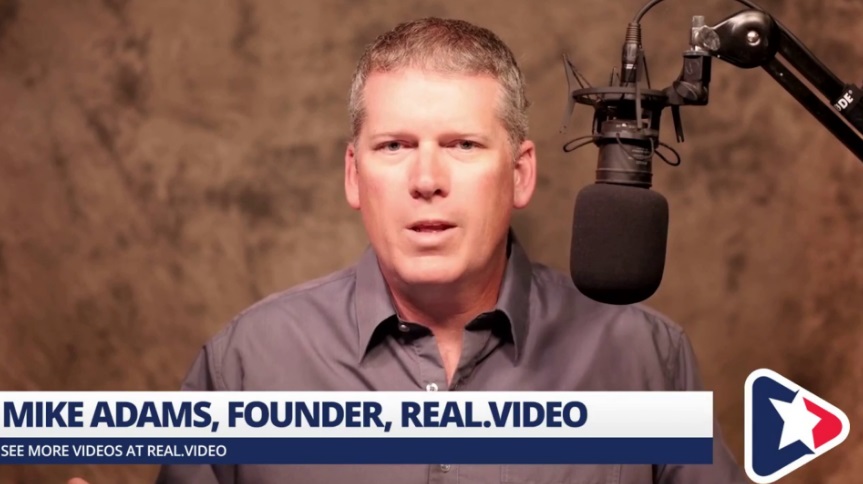202,600 now dead, doctors conned into cooperating with this massive scam
An estimated 202,600 Americans died from opioid overdoses between 2002 and 2015, and drug overdoses are now the leading cause of death among Americans under the age of 50.
Chronic opioid use also accounted for 20 percent of the increase in male unemployment between 1999 and 2015 and, remarkably, 74 percent of farmers report being addicted to opioids, or know someone who is.
Aside from the staggering death toll, addiction to narcotic pain relievers also places an enormous economic burden on society, costing the U.S. an estimated $504 billion each year (2.8 percent of gross domestic product), according to a November 2017 White House report.
Opioid Epidemic Is No Random Fluke
Adding insult to injury, evidence suggests opioid makers are directly responsible. They knew exactly what they were doing when they claimed opioids — which are chemically very similar to heroin — have an exceptionally low addiction rate when taken for pain.In fact, the massive increase in opioid sales and subsequent addiction rates have been traced back to an orchestrated marketing plan aimed at misinforming doctors about the drug’s addictive potential, and it is this false advertising campaign that seeded the current opioid epidemic — an epidemic so great it has even lowered the national life expectancy.
Purdue Pharma, owned by the Sackler family, was one of the most successful in this regard, driving sales of OxyContin up from $48 million in 1996 to $1.5 billion in 2002.
Studies now show addiction affects about 26 percent of those using opioids for chronic non-cancer pain, and 1 in 550 patients on opioid therapy dies from opioid-related causes within 2.5 years of their first prescription.
RELATED STORY:
Meanwhile, Purdue’s sales representatives were extensively coached on how to downplay the drug’s addictive potential, claiming addiction was occurring in less than 1 percent of patients being treated for pain.Evidence also shows Sackler family members were intimately involved with the marketing machinations behind OxyContin. In fact, attorney Mike Moore — who represents Ohio, Louisiana and Mississippi in lawsuits against Purdue Pharma — claims to have evidence connecting the Sackler family “directly, and personally, to corporate misdeeds” committed in the 1990s and 2000s.
In 2007, Purdue Pharma did plead guilty to charges of misbranding “with intent to defraud and mislead the public,” and paid $634 million in fines. Alas, a decade later, it’s quite clear the company has not changed its ways to any significant degree. It, and the Sackler family, is still in the business of profiting from addiction.











 For
years Dr. Zimmerman served as a go-to expert in “vaccine court” to
dispute parental claims that vaccines caused their children’s autism.
And as the reigning national expert on the topic of autism in the
scientific community, Dr. Zimmerman’s opinions held tremendous weight:
His written testimony helped deny the claims of the families of more
than five thousand children with autism during an Omnibus Autism
Proceeding in 2009 in vaccine court, as I will explain in a moment.
For
years Dr. Zimmerman served as a go-to expert in “vaccine court” to
dispute parental claims that vaccines caused their children’s autism.
And as the reigning national expert on the topic of autism in the
scientific community, Dr. Zimmerman’s opinions held tremendous weight:
His written testimony helped deny the claims of the families of more
than five thousand children with autism during an Omnibus Autism
Proceeding in 2009 in vaccine court, as I will explain in a moment. If
vaccines cause autism, you’d think “vaccine court” would be a great
place to find the evidence for it. Compensated claims typically include
extensive details about timelines, medical tests, and doctors’ opinions.
They read more like case reports in medical journals than legal
settlements.
If
vaccines cause autism, you’d think “vaccine court” would be a great
place to find the evidence for it. Compensated claims typically include
extensive details about timelines, medical tests, and doctors’ opinions.
They read more like case reports in medical journals than legal
settlements.

